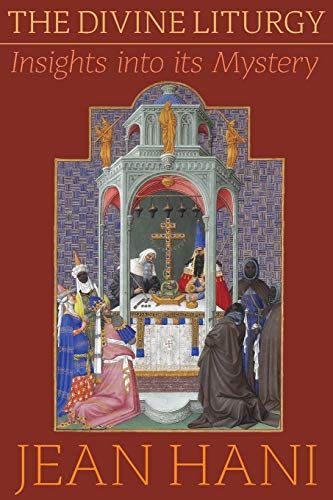
The Divine Liturgy Insights Into Its Mystery
Jean Hani, professor emeritus at the University of Amiens - where he taught Greek civilization and literature - has long labored to recover and illuminate various aspects of Christianity. His findings have been presented in several works: Divine Craftsmanship, Symbolism of the Christian Temple, and The Black Virgin (all published by Sophia Perennis), as well as Apercus sur la Messe, La Royaute, Du Pharaon au Roi Tres Chretien, and a collection of articles entitled Mythes, Rites et Symboles. His aim has been to integrate the latest findings in the history of religions with the perennialist spiritual perspective of such writers as Rene Guenon and Frithjof Schuon. If in the first place our book is intended to be a personal homage to the Divine Liturgy, it also has another purpose. Without any doubt, the gravest symptom in the crisis the Western Church is currently undergoing - the effects of which on art we have already denounced in our book The Symbolism of the Christian Temple--is the calling in question of the very meaning and content of the Mass, given that it is the heart and vital center of the Church. And we have made our feeble contribution to its defence. But our intention is not to become involved in theological quarrels. In this study our point of view is that of the historian of religions. What we wish to show is that the Christian mass is illumined in the light of studies concerning the universal schemas of the sacred to which it conforms. Most assuredly, the Christian cult has its specificity, but that is for the theologian and liturgist to spell out. What we are proposing to do is to unravel the characteristics in the Christian cult linking it to the universality of the sacred. From the Introduction